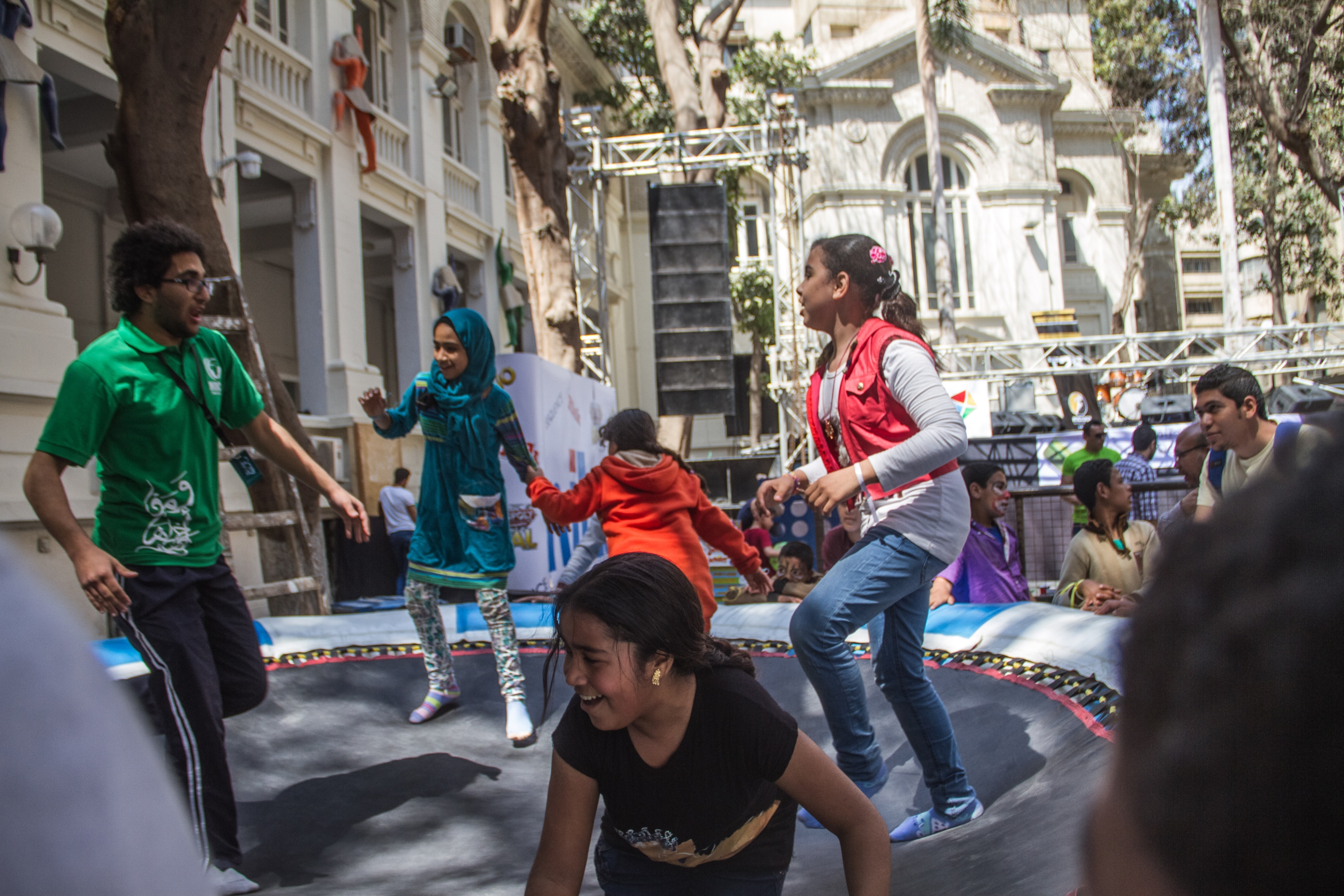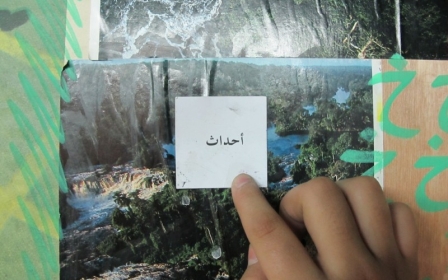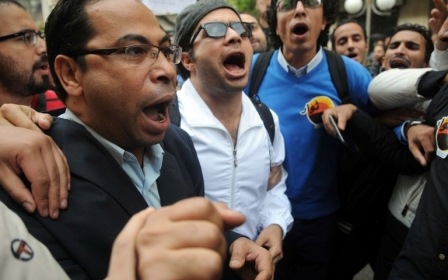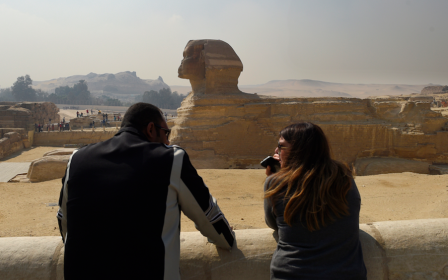Egyptians celebrate Arab Orphans Day in Cairo

Non-political student activities are very popular in Egyptian universities. They offer an easy and cheap way to meet people, make friends, network, and do some work for charity at the same time. Those who are responsible for student activities tend to use big dates in the calendar to market their activities and to spread the word about what they do.
The first Friday of April is no exception as the date marks the annual Middle Eastern celebration of Arab Orphans Day.
The student group, the Model Organisation of Islamic Cooperation (MOIC) and Al-Azhar University organise an event for the orphans under the slogan “You are the grown up”, in which each participant is responsible of an orphan for a single day, during which they simply spend time with an orphan, playing games, eating food and generally having fun.
This year the day involved games and entertainment culminating in a party with the singer Hamza Namira taking centre stage.
Namira is a young Egyptian singer, songwriter, and multi-instrumentalist, who, with his first album Dream With Me in 2008 hit the big time with a song less focused on love stories and romance than social issues and the concerns of the youth.
Namira was also widely acknowledged for his participation in the 25 January revolution; in fact one of the songs of his second album Human specifically makes mention of Tahrir Square. Hamza's songs were later banned by Egyptian state radio after he publicly expressed his support for the Muslim Brotherhood, in opposition to the current Sisi government.
“A concept we try to instill in MOIC members is the Ummah idea, the concept that all Muslims, albeit from different countries and regions and speaking different languages, are ultimately related to each other,” said Anas Abo Hamod, a member of the media committee at the Cairo University MOIC.
“There is transnationality in Islam, and we try to do something like that – all MOIC members are related to each other, no matter which university they come from. We are bound by the idea, just as Muslims are bound together by Islamic doctrine.”
“All the orphans here come from independent and poor orphanages which we organise monthly visits to. The sponsors we were able to attract today aren't going to contribute to the cost of the day, but they are planning to provide things for these orphanages where possible. We have a clothes company that is going to provide for the next winter for one the orphanages, as well as a food company that will provide hot meals. We try as much as we can not to limit our attention to these children for just one day, and this isn’t entirely what we look for, but it is a good step and hopefully next year we will be able to do even better.”
Middle East Eye propose une couverture et une analyse indépendantes et incomparables du Moyen-Orient, de l’Afrique du Nord et d’autres régions du monde. Pour en savoir plus sur la reprise de ce contenu et les frais qui s’appliquent, veuillez remplir ce formulaire [en anglais]. Pour en savoir plus sur MEE, cliquez ici [en anglais].




